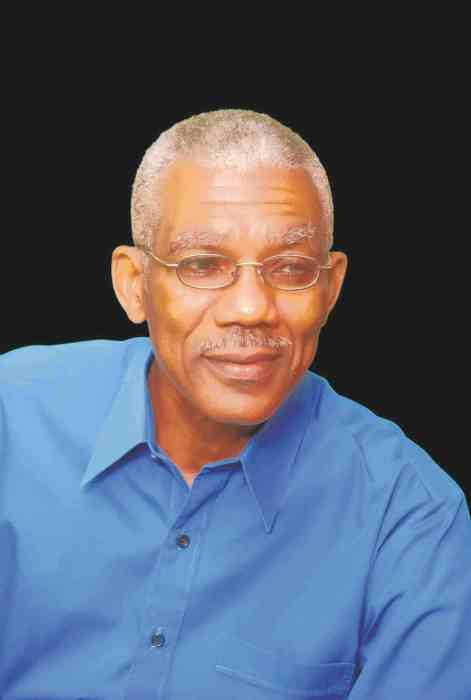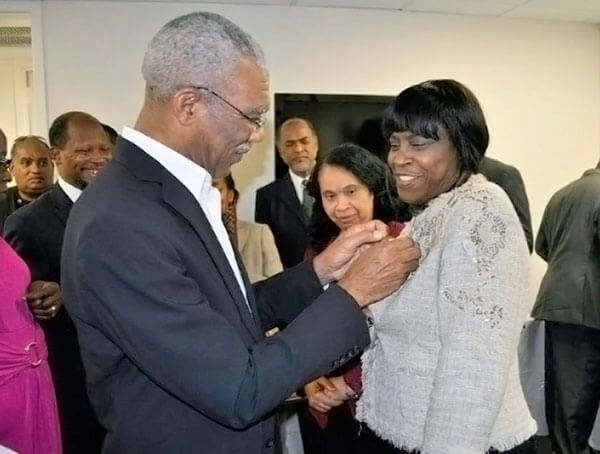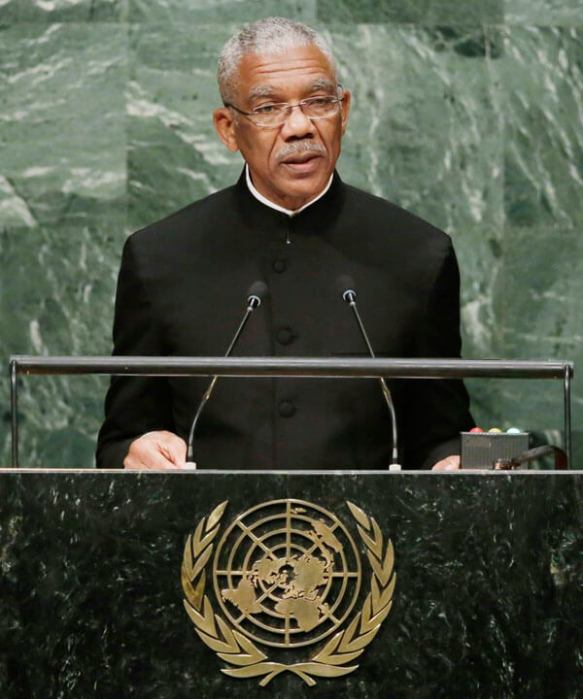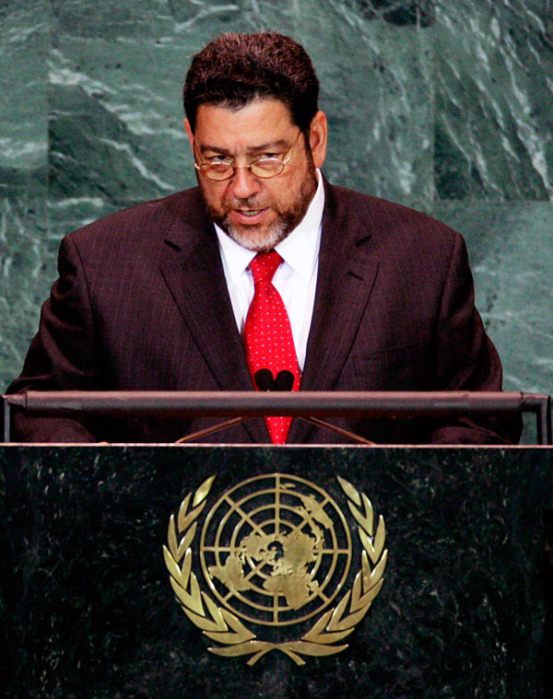Following the stunning loss of a no confidence vote in parliament in late December, the Guyana’s Elections Commission should have organized fresh elections in 90 days but the body has written authorities saying it would not be ready until late November at the earliest sparking criticism about a major breach of the Caribbean Community nation’s constitution.
The move to hold elections nearly a year and a half ahead of schedule came in the wake of the collapse of the administration of retired army general David Granger after a government lawmaker voted with the opposition to erase its one seat parliamentary majority, forcing authorities to name a new date within 90 days. The 90-day window expires on Thursday.
But Granger has persistently argued that while he was willing to meet the 90-day requirement, it was up to commission to indicate it was ready and it has now said that it is not.
Late on Tuesday, Commission Chairman James Patterson wrote Granger telling him that “I would proffer that the commission would be in a position to conduct general and regional elections no earlier than late November 2019.”
The move has sparked bitter criticism from the main opposition People’s Progressive Party as it accused authorities of doing everything in their power to hold on to office and to drag the elections to 2020. The five-year constitutional term ends in mid 2020.
Spokesman Sase Gunraj dismissed claims by the commission that it needed 180 days to organize fresh house to house registration of voters to update the voters list saying such is not written in any law.
“It is not something that is based on any law or policy,” Gunraj said, noting that “we have never seen a policy that is trumping the laws of this country. We will not telegraph our options because the element of surprise is necessary.”
The business community and western diplomats have expressed concern that the political tension caused by the row over a date could affect the investment climate. Guyana is due to become one of the world’s newest oil producers by year end. US supermajor ExxonMobil is preparing to pump “first oil” from the seabed in a matter of months having discovered “world class deposits” offshore back in 2015.
Government representatives on the commission, for example, have argued that the voters list is extremely bloated, providing figures showing a national population of 746,955 and a current voters list with 633,155 names. Of this, the national schools population of students under the voting age of 18 is estimated at 260,000. This they have used to press claims for a new round of house to house registration that would take an election date to yearend or early next year given the fact that there are other requirements like a 32-day minimum period between nomination day for parliamentary candidates and the actual date.
And while controversy swirls over the commission’s announcement, there is a slew of court challenges that have sprung from that stunning Dec. 21 vote.
For one thing, the government side has asked judges to rule that the single vote by legislator Charrandass Persaud represented a simple majority of 33 of the 65 members, contending that their political nemeses needed an absolute majority of 34 for the vote to carry. A ruling is imminent but whichever side loses, has vowed to drag the case all the way to the Trinidad-based Caribbean Court of Justice, Guyana’s final.
Still, it is unclear how the administration would be punished for missing the 90-day deadline. Its attorneys have cited rules showing that the call is up to the commission to set a realistic date. There has been precedent in the past for this.
Attorneys say there is one easy and legal route to settle the row and that is for the opposition and government to return to parliament before it is dissolved and vote by two thirds majority to extend the life of the entire system to cover for the period between this week and the next election date. The PPP has said that it will not give government that opportunity though it is becoming clear that it has boxed itself into a tight political corner and may not in the end have a choice.
























